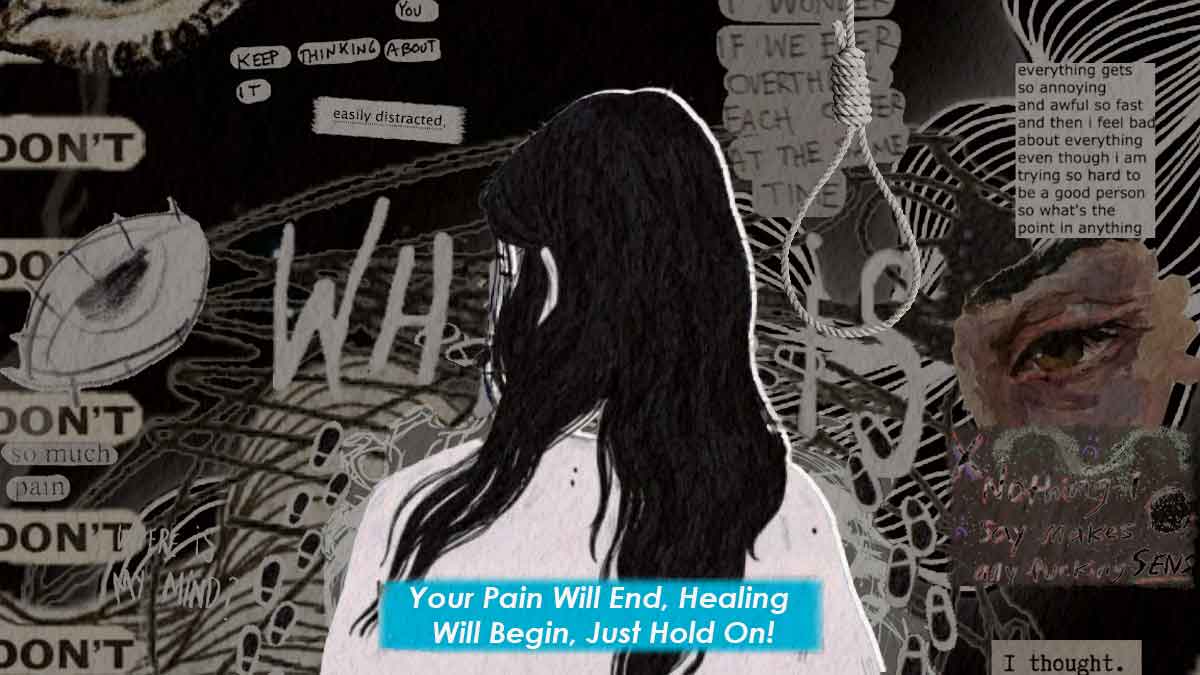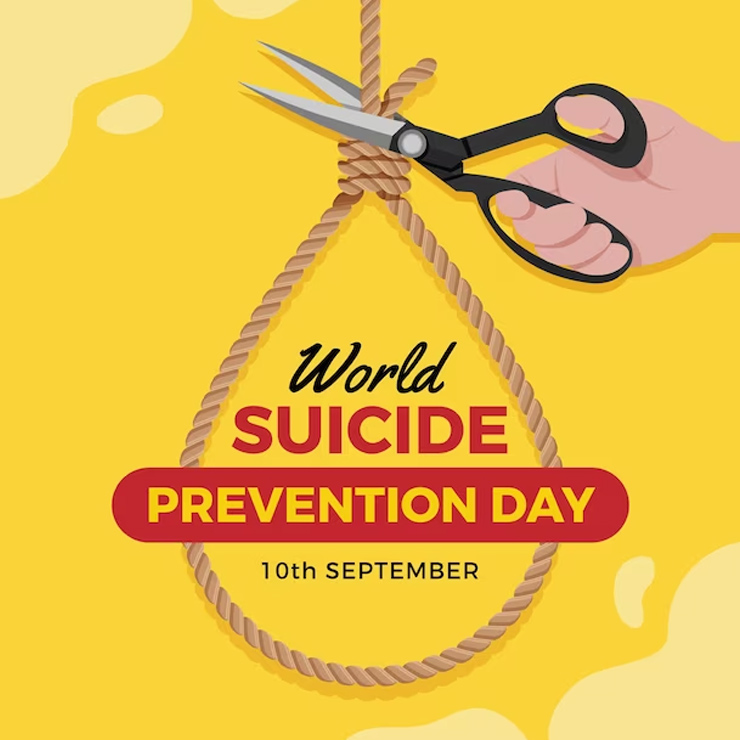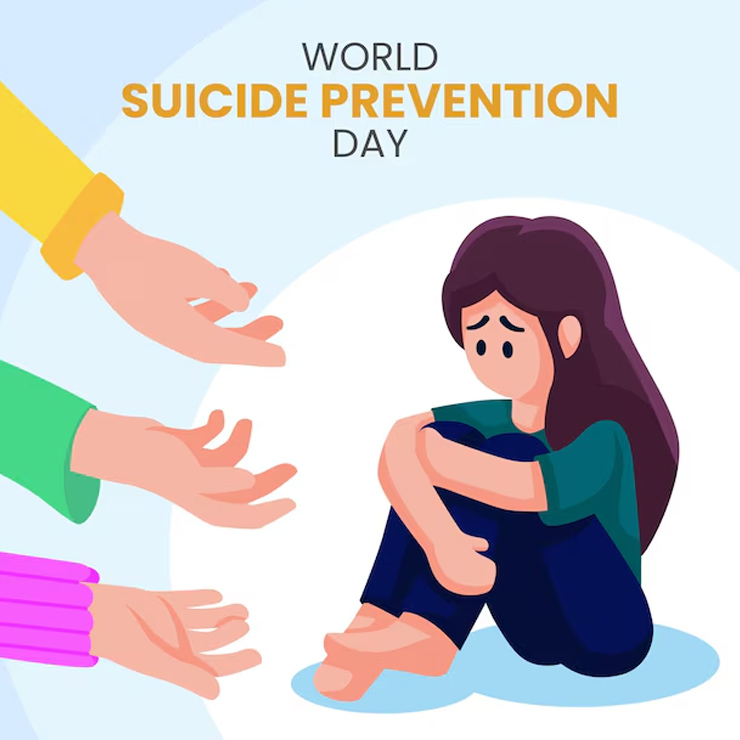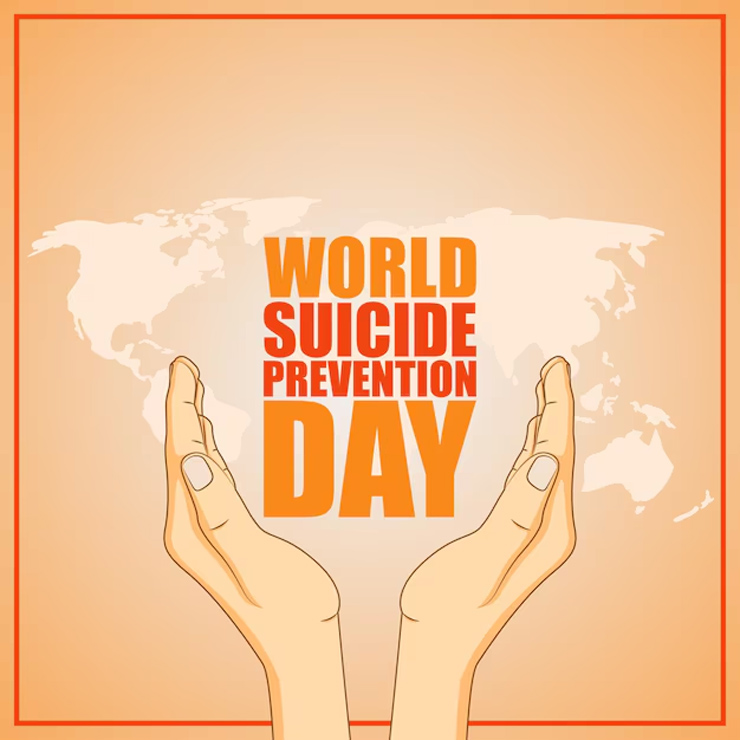
September 10 is observed as World Suicide Prevention Day 2024 as a part of our collective journey towards a more compassionate world. As the world comes together to raise awareness of depression and mental health, we asked some experts to share their insights on the reasons and perspectives of those struggling with suicidal thoughts. We also connected with people from different walks of life to share their personal experiences, reflecting on how they survived. Read on to know more in this article.
Arushi Sethi Shah, co-founder and CEO of ‘Trijog – Know Your Mind’ talked about the mental health coping mechanisms for individuals experiencing suicidal thoughts. “A support system or safe environment can take various forms, such as a trusted circle, a peaceful space, or an inner refuge. It is vital for individuals to recognise and cultivate their safe space, as this serves as a sanctuary during emotional distress,” she said.

“This space offers comfort, grounding, and an outlet for self-expression when emotions become overwhelming. Incorporating daily practices addressing the four pillars of life—spiritual, emotional, physical, and social grounding—can foster emotional stability. Activities like meditation, affirmations, exercise, and meaningful social connections provide balance. For those grappling with suicidal thoughts, professional intervention offers crucial guidance for reshaping thought patterns,” added Shah.
Arushi explained, “Counseling plays a vital role in preventing suicide by addressing the complex factors behind suicidal ideation, such as genetic, environmental, and mental health conditions like depression and anxiety.”
Psychoeducation helps struggling individuals gain insight into these influences and learn coping strategies appropriate for them. “Counseling also involves creating a personalised safety plan with steps to manage suicidal thoughts, along with ongoing support from the therapist. Regular check-ins ensure progress and adjust strategies as needed,” she added.
Arushi mentioned, “Societal tendencies toward suicide often arise from a mix of environmental and biological factors. Individuals from impoverished backgrounds, exposed to violence, abuse, or neglect, face heightened risk due to emotional scars and limited access to resources.”

She also talked about how this adversity exacerbates the feelings of hopelessness in those individuals and impairs their coping mechanisms. “Additionally, a family history of mental health disorders, such as depression or schizophrenia, increases susceptibility to similar conditions. Addressing both environmental and biological factors is crucial in effective prevention and treatment strategies,” she elaborated.
In identifying and addressing signs of distress in students, mental health professionals play a crucial role. Parveen Shaikh, vice president of operations at Mpower, commented, “The alarming prevalence of hopelessness among youth due to academic pressure highlights a critical need for mental health support in educational settings. There are a lot of coping programs that help identify and address signs of distress in students. (How To Release Repressed Emotions?)
“By implementing peer-support programs and fostering open conversations, we can create environments where students feel empowered to seek help and support others. Our experience shows that when students are educated about mental health, they become powerful advocates, often preventing mental breakdowns among their peers. As professionals, our responsibility extends beyond individual interventions; we must work towards creating nurturing atmospheres where students can thrive both academically and emotionally. By ensuring that the mental health resources are visible and accessible, we can significantly impact student well-being and resilience,” said Parveen.
“During a really tough time in my life, I often felt incredibly lonely. I would spend hours alone at home, and that made my situation worse, and I started to self harm as a way to cope with the pain. I remember vividly the sensation of wanting to give up completely one day, feeling as though survival itself had become an unbearable burden. Emotionally, it was like a deep fog had settled over my mind, making it hard to see any glimmer of hope or possibility. l was wrapped in a cycle of negative thoughts, where every attempt to improve my situation seemed like a waste,” shared 27-year-old journalist Ishita.

She said, “During that dark period, my sister was my guiding light. As I reached the lowest point, thinking of ending it all, I decided to call her one last time. Her voice on the other end of the line was a lifeline, offering comfort and understanding. It was her support that encouraged me to seek help from a professional. With my sister's support, I began attending therapy, which turned out to be incredibly helpful. It provided me with tools to manage my emotions and address my struggles in a constructive way. Today, I’m in a much better place.” (How To Cope With Being Cheated On)
Shahid, a 33-year-old English communication teacher said, “It was my mom, I just couldn’t see her crying, I am their only child and that pain and guilt and whatever you name it, I just couldn’t bear that and yes, we can say this emotion overpowered that suicide thing.”
Don't Miss: Are You Helping or Harming? The Role Of Parents In A Child's Mental Health
If you liked this story, then please share it. To read more such stories, stay connected to HerZindagi.
Also watch this video
Herzindagi video
Our aim is to provide accurate, safe and expert verified information through our articles and social media handles. The remedies, advice and tips mentioned here are for general information only. Please consult your expert before trying any kind of health, beauty, life hacks or astrology related tips. For any feedback or complaint, contact us at [email protected].